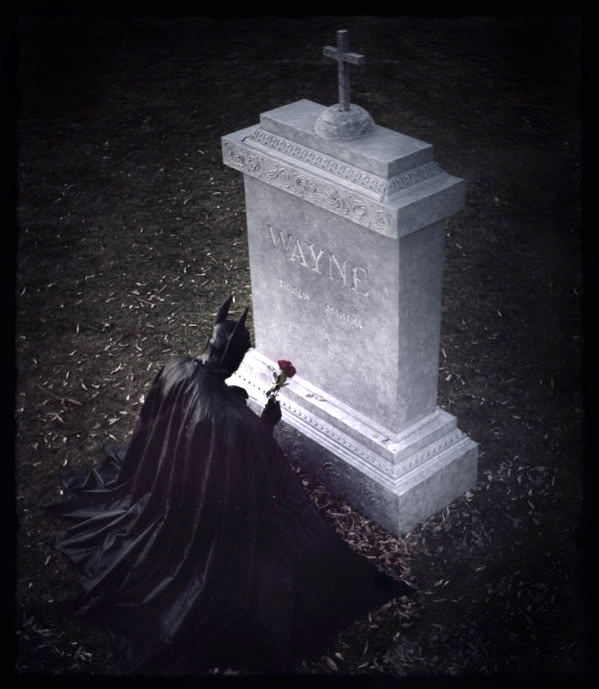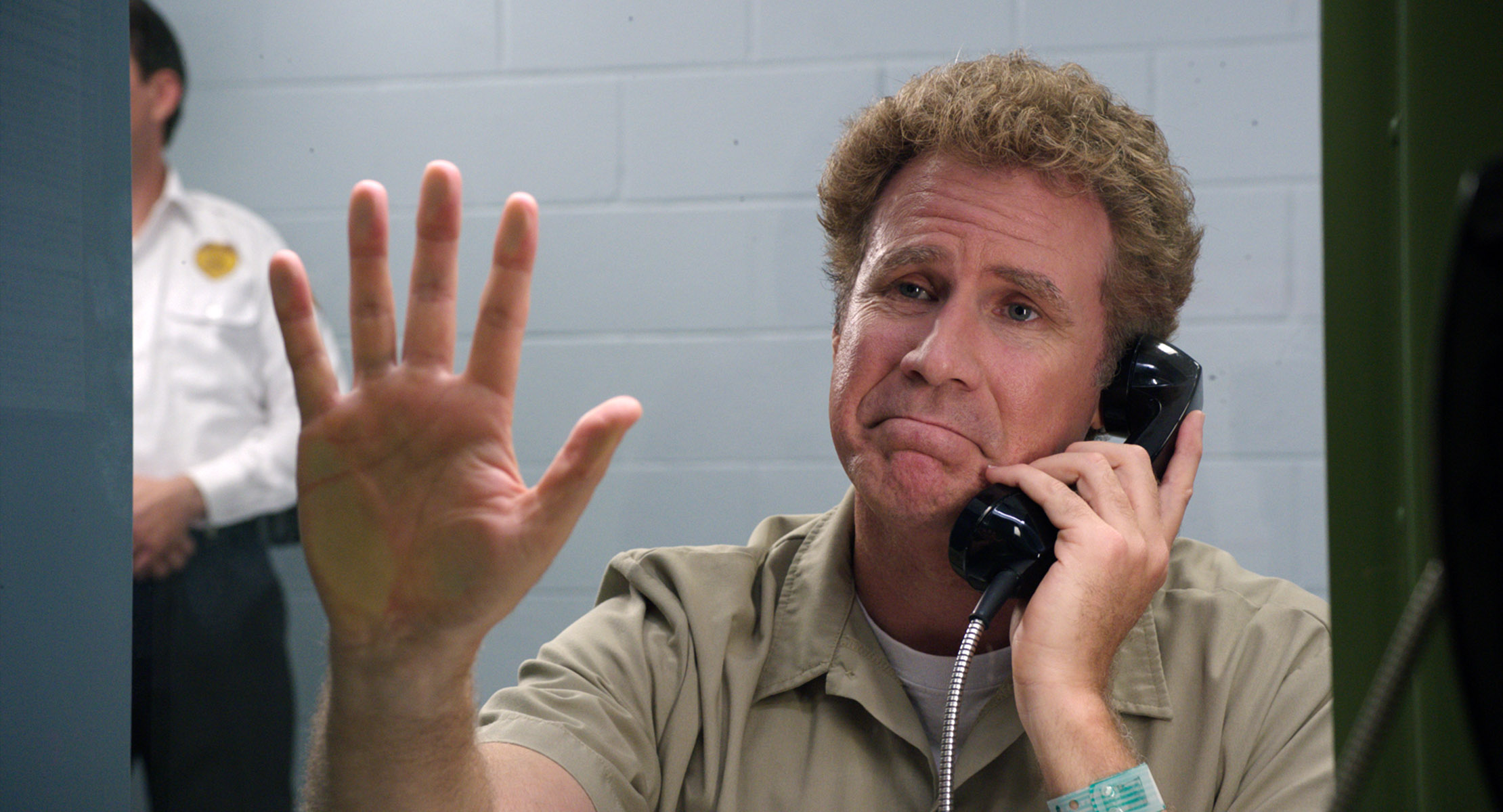It seemed like a good idea last month, at least to me: Amazon buying comiXology. Launched in 2009, the privately backed, New York–based service was instantly popular. Its cloud-based digital platform made it easy to buy and read comics on digital devices. I’m pretty sure geeks thought the iPad and other tablets were invented to read comics from comiXology. It was the top-grossing non-game iPad app in 2012 and 2013, and had been among the top-10-grossing iPad apps in 2011 and 2012. Its “Guided Viewing” technology even made it tolerable to read on little smartphone screens.
But for comic-book fans—and some prominent pros—the ownership transition has been the equivalent of the Obamacare site’s roll-out. Amazon’s first and widely loathed move: getting rid of comiXology’s ability to make in-app comic purchases. That is, they made it harder to buy comics using the world’s most popular fucking comic app.
Let’s try some metaphors here. Has Seattle’s online retailing giant become a Galactus in its rapaciousness, ruining what it devours? Or is it really Batman, with a brilliant plan to kick ass that isn’t apparent yet? Or did it just crap the bed? (Save your time looking. There’s no Incontinence Man.) It’s too early to say.
The sale’s April 10 announcement got everyone in the business speculating, and I was no different. (I’m a comic-book writer with titles on comiXology, but I’ve never made a penny off ’em, so delete your conflict-of-interest drafts.) And let it be said that I like Amazon . . . er, at least I use it. Because I’m cheap and I’m lazy, and I just used Amazon Prime to have discounted razor blades delivered to my front door. I waited to shave until they arrived. I’m conflicted about what I’ve read about the working conditions in Amazon’s Seattle-office warehouses and how the company treats its employees. I also remember enjoying spending time in those nearly extinct things that were known as “bookstores.”
Moreover, as a comics author who isn’t a household name with anyone but the student-loan people, I have to consider how Amazon’s absorption of comiXology might be a great way to reach non-geeks interested in comics, to expand the market—particularly since they’ve become the source of all pop culture, most big movies, and an unknown but significant quantity of tattoo art. This is how it used to go for me in a typical conversation at a comic con, party, bar, etc.:
Human: Where can I buy your comics?
Me: Any comic shop.
(Human: Blank stare. Never setting foot in one of those. Won’t even look one up. Fading.)
Me: You can also get them on comiXology.
Human: What’s that?
(Human’s eyes roll up to the whites as I explain the rest and how to do it, and I have to plunge an adrenaline needle directly into the heart.)
But now everyone—this is in the voice of Gary Oldman shouting in The Professional—EEEEEEVERYONE! immediately understands this one big thing: You can get ’em on Amazon!
So I was optimistic. But then they pulled the trigger. On April 27, comic-book luminary Gerry Conway—co-creator of The Punisher, among others—wrote a viral column that began, “And so, as we could have predicted, Amazon wrecks comiXology.” By removing the old storefront from its app and adding extra steps to get to the material, Conway argued, Amazon “destroys the casual reader’s easy access to an impulse purchase. And that’s a terrible development for the future of comics.”
As of this writing, comiXology has a rating of one star out of five on Apple’s App Store. A representative sampling of user-review titles includes “Very disappointed,” “Lost another customer,” “Worst product decision ever,” and—perhaps also meant to be shrieked like Gary Oldman—“Why?!?”
A couple days later, writer Mark Waid—one of the industry’s sharpest and most level-headed—wrote in his Thrillbent.com blog, “Man, I wouldn’t want to be comiXology this week.”
Why did Amazon make a move guaranteed to anger fans? What’s its response to the outrage? And what’s its plan for comiXology? Now under Amazon’s umbrella, comiXology’s longtime spokesman Chip Mosher declined to comment, instead sending a TechHive article that quotes him thusly: “Amazon has a long history with subsidiaries like Goodreads, Zappos, Audible, and IMDb, of helping them grow and, over time, learning from each other and improving together.” An Amazon PR rep asked me to submit questions in writing—which tends to raise a journalist’s hackles—and issued the following statement instead of answering any of them.
“Amazon and comiXology share a passion for making comics and graphic novels easy to enjoy anywhere and on any device. ComiXology reinvented the digital comics experience with Guided View technology and Amazon reinvented reading with Kindle, and together we’ll continue to innovate on behalf of readers, publishers, writers, and artists. Our goal is to build on each other’s strengths and create the best service for all comic and graphic novel readers on any platform with comics content for every age, gender and demographic.”
(Facepalm.)
Conway speculated in his column that Amazon made the purchase to better the comic experience on its own Kindle and screw over Apple’s iPad and iPhone. He also predicted mainstream publishers such as Dark Horse will keep their own apps with storefronts while the independents—and diversity—suffer.
Waid wrote, “If you don’t think Amazon’s comiXology acquisition was their first step towards building some Kindle-like comics-reading hardware to replace brick-and-mortar stores, you’re nuts . . . Talk to me in a couple of years when [print comics are] all $4.99, but Amazon’s selling downloads for half that and swallowing the margin loss in order to sell hardware.”
Lacey-based writer Eric Trautmann (co-writer with Brandon Jerwa of the digital comiXology exclusive Frost) says,“I think adding extra barriers between oneself and the customer is kind of . . . stupid? Yeah, that’s the word.” Echoing Conway and Waid, he adds, “People will go find the thing they know they want, and won’t have a lot of incentive to poke around and find new things. I think that’s the biggest shortcoming.’
Writing for widely read comic-industry blog The Beat, Rob Salkowitz said fans should calm down—but “retailers should probably start to panic.” He suggested giving Amazon the benefit of the doubt, as they “know a thing or two about selling stuff,” is rarely accused of stupidity, and is “probably the most data-driven company in the world.”
But comiXology sells only digital comics, while brick-and-mortar comic-book shops also attract customers with T-shirts, toys, and other merchandise. Now Amazon . . . well, it sells everything, including merchandise, and it knows what you like and might like, Salkowitz wrote.
In Wallingford, The Comics Dungeon’s G. Scott Tomlin tells me, “ComiXology up to this point has had minor impact on my business. I was not too worried yet, as by themselves they did not have the muscle to move the market in a fast way. Being part of Amazon changes that greatly.
“Overall, as a comic-book retailer, it’s definitely time to rethink our business model for the new age,” he continues. “Hopefully we have enough time to do that before Amazon and comiXology hit full steam.”
So is Amazon’s Jeff Bezos the supervillain who spells the doom of comics? Or does he represent a necessary, painful mutation that will advance them out of pulp and ink and into the digital future? One thing’s for sure: I guess I need to buy a goddamn Kindle. And maybe a second certainty for me: more blank stares and whitened eyes.
markrahner.com







